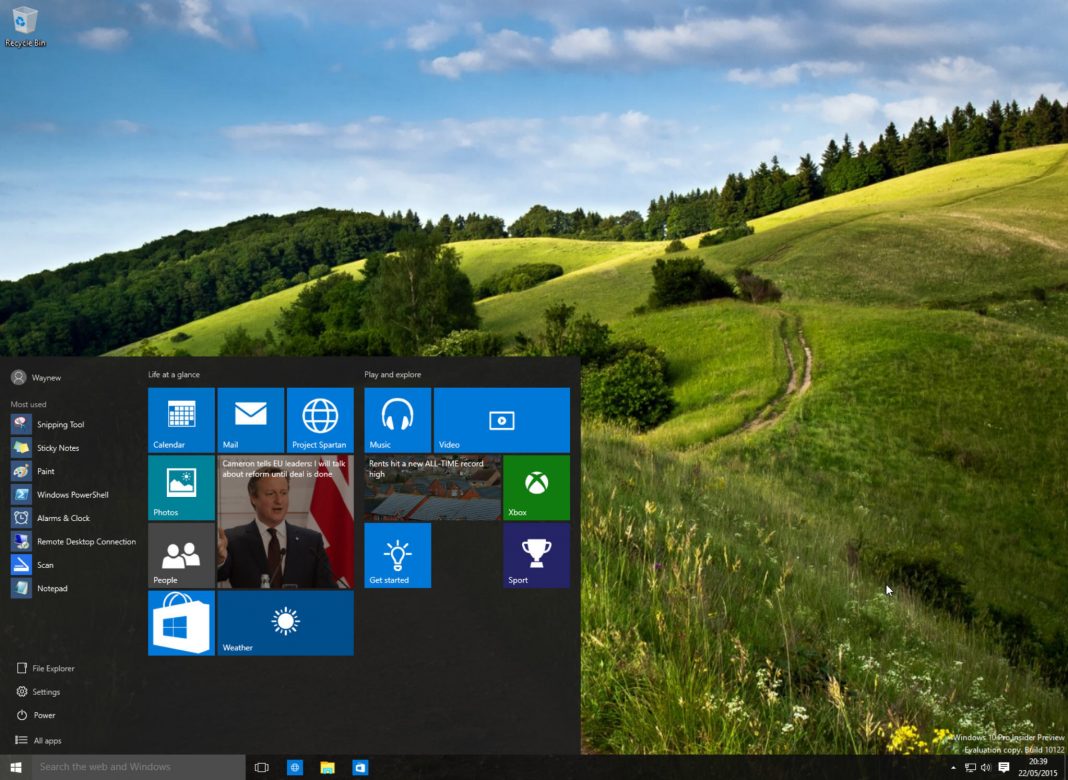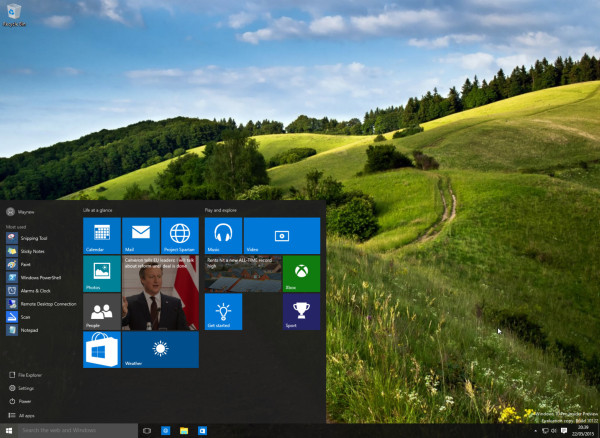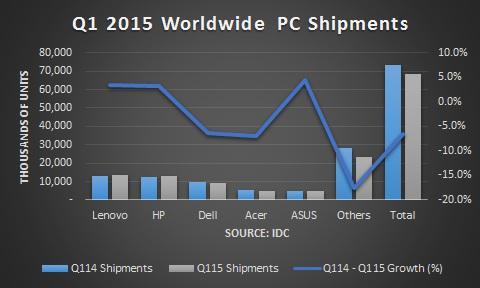
Windows 10 is the latest version of the Windows Operating system, produced by Microsoft. The new version is due for release sometime this summer although the technical preview has been available for quite some time so there is a lot of information available as to the look and feel of the new operating system.
Having said that, since the preview is now closed there will very likely be a lot of changes and new features that have not yet been made public when the operating system is officially released.
By all accounts version 10 of the Microsoft Windows Operating system is going to be quite well received though – as is almost always the case with Microsoft it takes a couple of versions of their operating system before they get it right – we have seen this when Windows XP came out and blew Windows ME out of the water and also when Windows 7 came out and was a massive leap forward in terms of usability compared to its predecessor Windows Vista.
Based on this history as well as the fact that we have seen many usability issues with Windows 8 and Windows 8.1 it is a fair estimation that (hopefully) Microsoft will have perfected their vision with the release of Windows 10. Some people take this as a negative but there is a good methodology behind the hit and miss of Microsoft’s operating system releases; First of all it’s important to understand that technology by definition has to always be hitting boundaries and thus any company operating in the technology niche has to take risks and perhaps more so than in any other sector. Microsoft certainly fall into this category and will happily take risks at every opportunity – of course with taking risks you inevitably have failures which explains some of their failed operating systems.
Microsoft have a very good strategy for developing these failures into success though and they rely heavily on their user base for doing so. When you think about the strategy it is very efficient – they take a risk, a leap in the deployment of technology in the hope that it will work and once that technology (in this case an operating system) is out in the public they see how it is adopted, see how each new feature is taken up and used by the consumers and then they further develop the technology, change ideas and perfect the product on the next release.
This is great for product development and clearly works as Microsoft have one of the most successful operating systems in the world. However, there are some issues with the strategy and one of the key things that people tend to have an issue with is the fact that everyone who purchases the operating system that “doesn’t quite work” feels like they have been taken for a ride.
Putting this into context – for the people that shelled out the money to upgrade from say Windows 7 to Windows 8 or Windows 8.1 as soon as it came out will now be feeling like they have wasted their time and would have been better to wait for the release of Windows 10 which has come relatively soon after. This is especially true when you look at the negative feedback that has come as a result of Windows 8 and Windows 8.1.
Microsoft addressed this issue very well when they announced recently that they will provide a free upgrade to Windows 10 for all retail users that are currently running either Windows 7 or Windows 8. This is fantastic news for consumers because it means anyone who recently purchased one of those new operating systems does not have to pay again to get the new version.
Despite being good for the consumer it may have a negative effect on PC sales though – where the release of a new operating system would traditionally encourage people to upgrade their PCs – replacing old hardware with new – the fact that there is a free upgrade available means that people are far more likely to keep their existing hardware so that they can benefit from this upgrade – which of course is only available if you already have one of the covered versions running on your computer.
The up side is that there are now many new devices available that will be running on Windows 10 such as Microsoft’s surface – which is sort of a cross between a tablet and a laptop. In addition it is highly likely that there will be many features in Windows 10 that require the latest hardware to be taken advantage of.
All said and done it is no doubt a sensible move by Microsoft as it will ensure customer loyalty whilst also encouraging a far greater number of users to start using the new version of the operating system which is exactly what Microsoft want. It probably will have some effect on PC sales through but hopefully in the long run it will encourage the continuing use of PCs and laptops over other devices such as phones and tablets.



